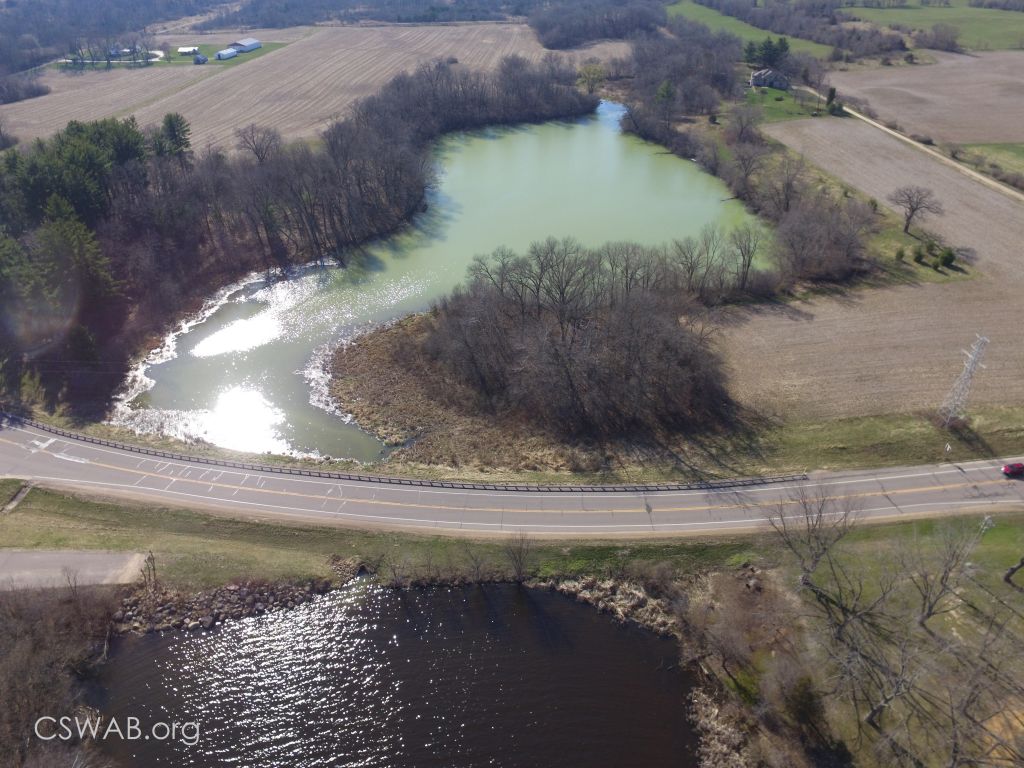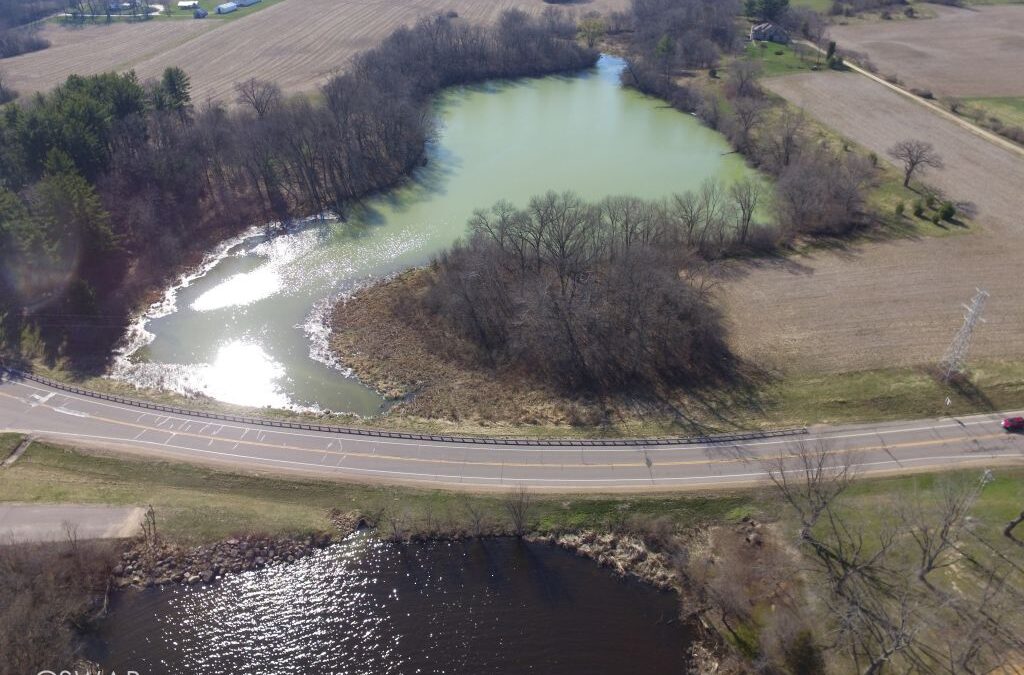 The detection of unsafe levels of explosives in a rural drinking water well near the former Badger Army Ammunition Plant has prompted State regulators to call for quick action to address expanding groundwater contamination caused by the U.S. Army.
The detection of unsafe levels of explosives in a rural drinking water well near the former Badger Army Ammunition Plant has prompted State regulators to call for quick action to address expanding groundwater contamination caused by the U.S. Army.
The May 15 letter from the Wisconsin Department of Natural Resources (WDNR) directs the Army to increase the frequency of private wells testing in the Weigand’s Bay area in the Town of Merrimac and install additional monitoring wells to define the extent a groundwater contaminant plume that has moved beyond the plant boundary.
“With the apparent expansion of the plume, we would like you to submit a work plan as soon as possible to increase the frequency of sampling at additional potable wells near the estimated downgradient edge of the plume,” WDNR officials told the Army. “We would also like the work plan to propose additional monitoring wells in the area that could better define the edge of the plume and flow patterns near Weigand’s Bay.”
According to the WDNR, routine Army testing detected unsafe levels of the explosive dinitrotoluene (DNT) in a residential drinking water well at Weigand’s Bay North in April of this year.
“As indicated in previous correspondence, our Department is concerned about the recent increases in DNT concentrations near the downgradient edge of the Deterrent Burning Ground (DBG) plume,” the WDNR cautioned.
The former Deterrent Burning Ground is located inside the northeast corner of the Badger property and was used for the open burning of deterrents, structural timbers, asphalt shingles, and other wastes. Deterrent is an organic liquid containing dibutylphthalate and DNT and is used to modify the burning characteristics of nitrocellulose.
According to the U.S. EPA, adverse health effects posed by chronic DNT exposure have been identified in the central nervous system, heart and circulatory system of humans. Exposure to 2,4- and 2,6-DNT can lead to increased incidences of mortality from ischemic heart disease, hepatobiliary cancer, and urothelial and renal cell cancers.
Area residents with questions or concerns about their well water may contact WDNR hydrogeologist Jason Lowery by phone at 608-267-7570 or email at jason.lowery@wisconsin.gov
Photograph: Looking west at Weigand’s Bay North, Town of Merrimac, Wisconsin
Link: WDNR Letter to Army on Expanding Groundwater Contamination 15 May 2019

